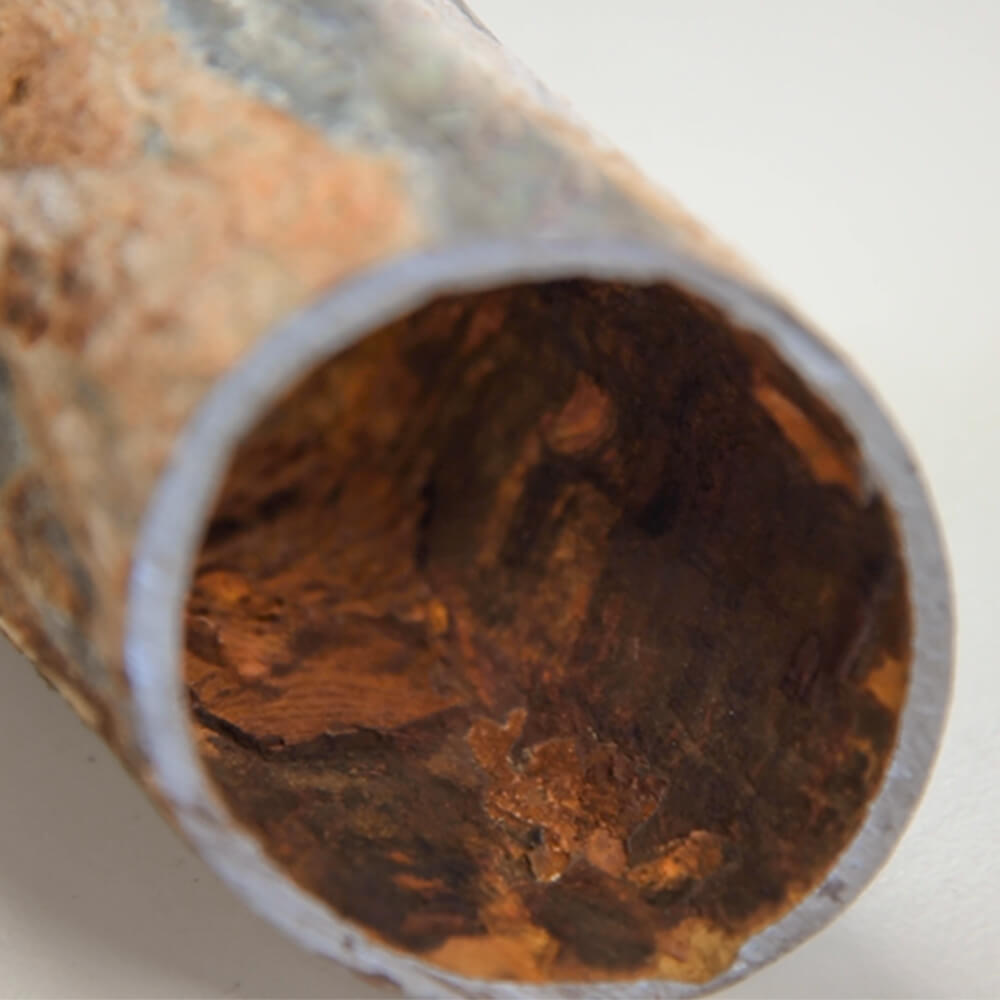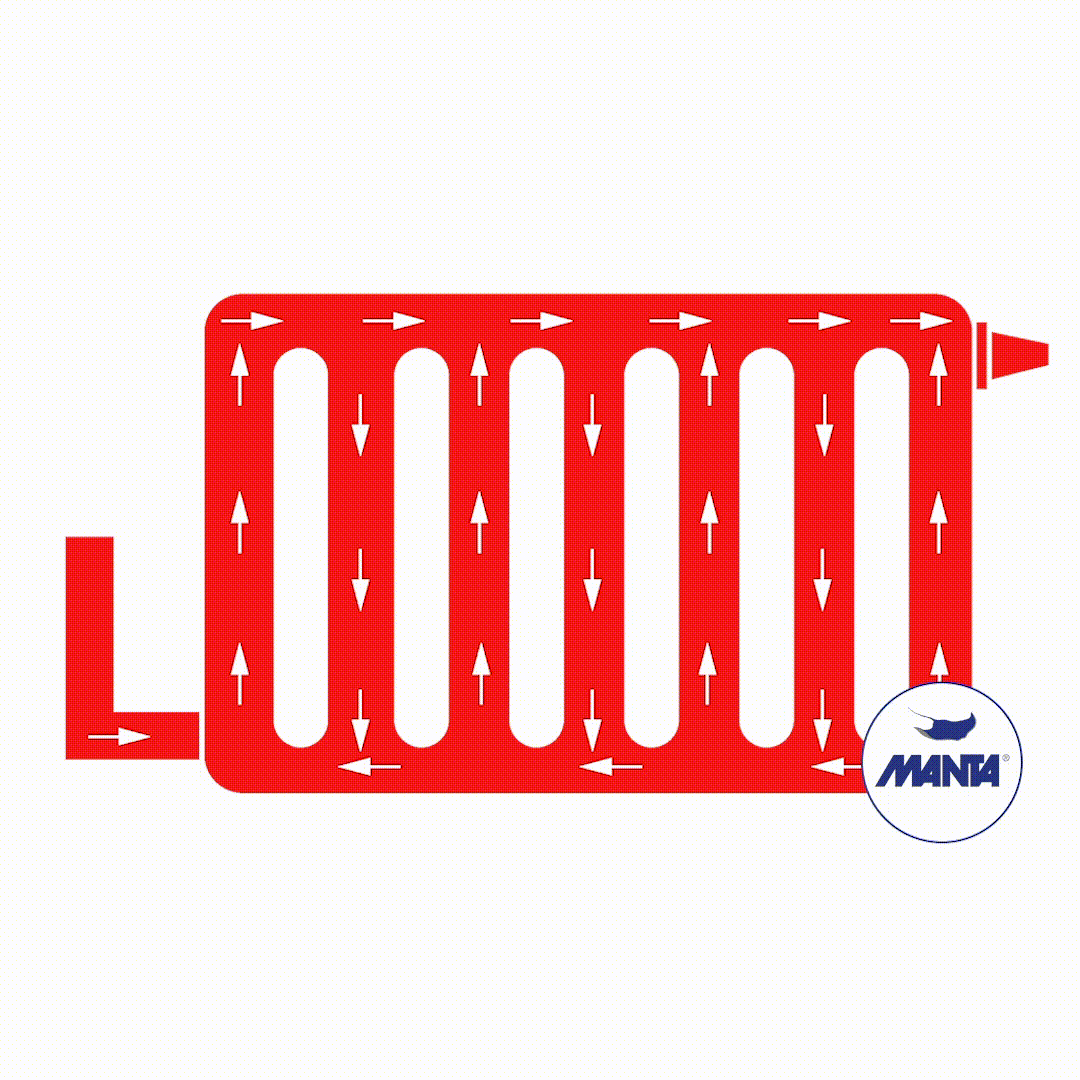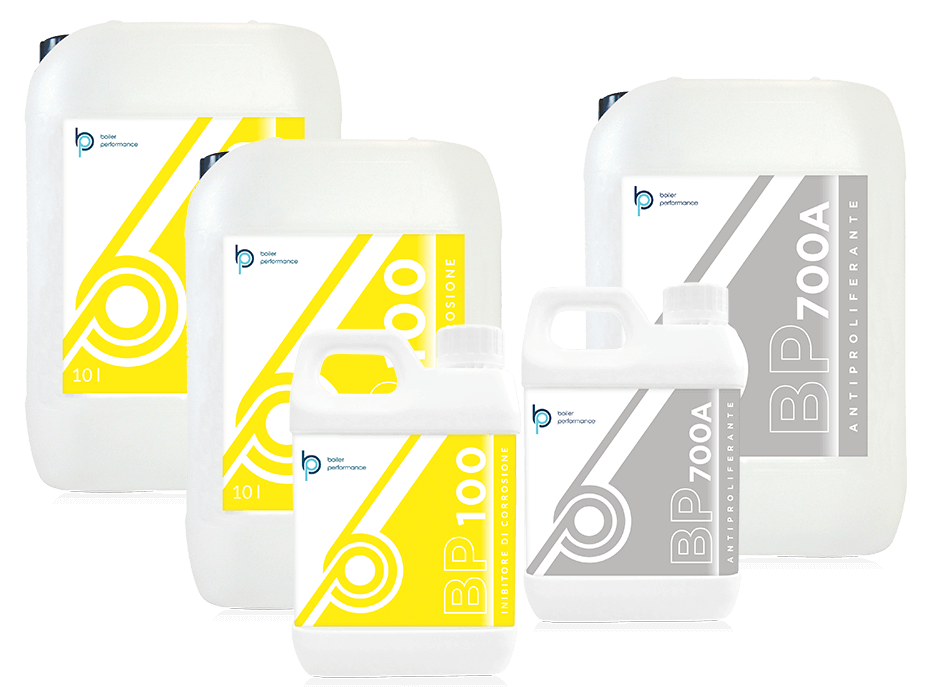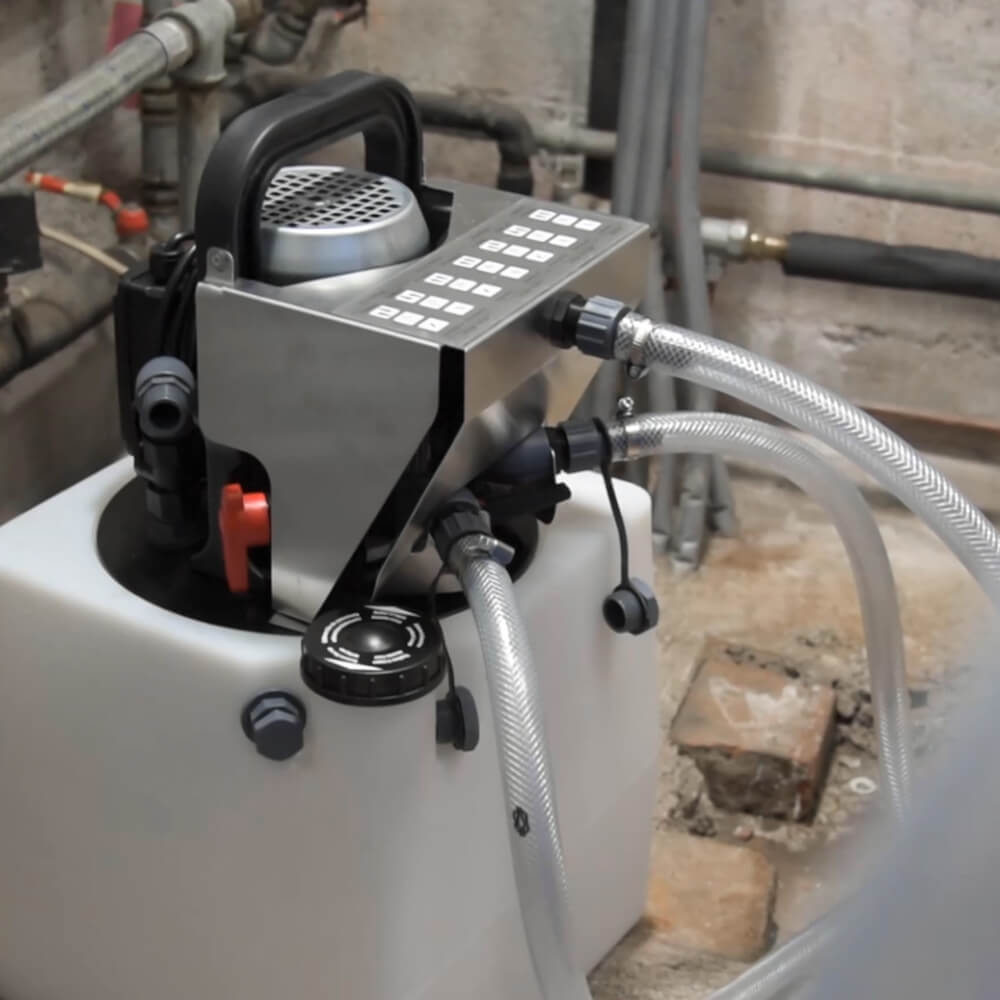How to prevent corrosion
in heating systems
- Radiators that do not heat up
- Strange gurgling noises from the boiler
- Dark liquid inside the system
- The lower parts of the radiator are cold
It is therefore necessary to take appropriate preventative measures to avoid these problems that are be caused by corrosion.
Is water corrosive?
If the heating system was built in compliance with all the laws and regulations, then it is more than likely that the water is responsible for all these problems. In some cases water can become corrosive to the system.
When the heating system is first put into operation – the physical and chemical characteristics of the water change.
Water is not just H2O. The water can contain dissolved salts and solid impurities. There is a legislative decree that establishes the requisites of drinking water (M.D. 31 of 2/2/2001), but this decree refers to human health and not to the damages that water can create in our heating systems.

Problems in the heating systems caused by water

The water can contain dissolved calcium and magnesium which are harmless for human health. However, when heating water rich in these salts inside the heating system, calcium bicarbonate is transformed into calcium carbonate which is not soluble in water and this will form scale. But that’s not all. This chemical reaction develops CO2 (carbon dioxide) which by reacting with the system water, forms carbonic acid and this will corrode the metal of the pipes.
The same applies to solid impurities (grains of sand) and these are not a problem for human health. When these solids are circulating within the heating system they are abrasive and will cause damage to metal surfaces.
When these deposits are first formed other noticeable problems occur: radiators that do not heat up, gurgling noises in the boiler, etc. Since these deposits are much heavier than water, they fall to the bottom of the radiating element, reducing circulation and heat transfer; this is why the radiators are often cold in the lower part. Over time these deposits increase and they can soon stop the circulation of hot water inside the heating system.
Why should you use a corrosion inhibitor on a new heating system?
If the heating system is new, we should use a corrosion inhibitor. Corrosion inhibitors are chemicals that protect metals, creating a film that prevents direct contact between the water and metal and thus preventing its corrosion. This is a legislative obligation. In Italy the M.D. 26/2015 states: «All heating systems regardless of the power of the heat generator and independently of the chemical and physical characteristics of the water require chemical conditioning».
Do corrosion inhibitors work on old heating systems?
If the heating system is older than 6 months (six months of contact between the circulating water and the metals in the system are enough to trigger corrosive phenomena), before adding corrosion inhibitor to the water it is necessary to carry out a professional washing of the heating system. This is because the inhibitor is not able to form the protective film on metals already oxidized.
Washing of a system entails the introducing of chemical substances that are able of dissolving metal oxides and suspending the sludge that has formed. If the heating system is of a low temperature (underfloor systems), it is also necessary to wash it with products that are able to remove the organic deposits that are formed in this type of system.
The washing of heating systems can be done in two methods:
- Rinse the system, add the chemical products directly into the heating system and keep the chemical solution in circulation for a few days and then drain it. Rinse the system again and then add the filling water with the corrosion inhibitor.
- Use an external power flushing pump which has a superior flow and pressure than the boiler circulating pump, this will speed up the washing time considerably. In this case, after the initial rinse, circulate the chemical solution (using the external pump) for 4-6 hours, drain it, rinse and then add the water with the corrosion inhibitor. For this method, in addition to speeding up the whole operation, the result of the system flushing is far superior. It is possible to remove the deposits that are not usually removed due to the higher specifications of the external pump.
The washing of the heating system not only benefits the problems found in the water circulation (cold radiators, noisy boilers etc.) it will restore the heating system back to its original conditions. The result is significant energy savings that allows the owner of the heating system to recover the cost of the washing within 2 years of operation and also to have the comforts of a fully working efficient system.









